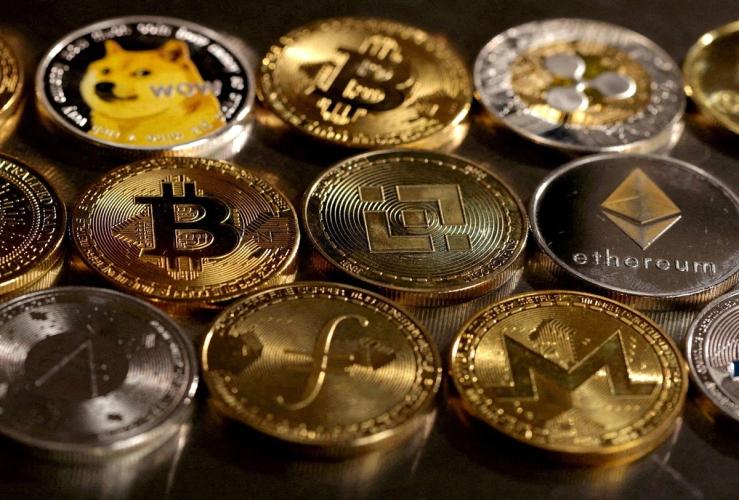The News
Dubai is embracing the crypto industry not just to attract and retain millionaires and billionaires flocking to the city, but to create the regulations that will help it become a global hub for virtual assets.
The entity tasked with building the legal framework — Dubai’s Virtual Assets Regulatory Authority (VARA) — is pushing on multiple fronts. Demand for regulated virtual assets is rising, especially from countries near the Gulf where unstable currencies and governments drive people to seek secure investments, VARA’s managing director and vice chair Deepa Raja Carbon told Semafor.
Know More
When Dubai went into lockdown in March 2020, its economy was shaken. Trade, tourism, and logistics collapsed, major events like Expo 2020 were postponed, and policymakers were forced to rethink how to sustain growth. The response was a plan to double Dubai’s economy by 2033. But building on past successes wouldn’t be enough, and Dubai began focusing on industries that could scale globally, Carbon said.
Out of that vision came VARA, launched in March 2022 and billing itself as the world’s first independent regulator for the sector. Around 30 companies are now licensed by VARA, including the biggest crypto exchange Binance. Dubai aims to generate 100 billion dirhams ($27 billion) annually by 2033 from digital transformation projects, with crypto, blockchain, and Web3 forming the cornerstone of its “new economy,” she said.
VARA oversaw pilots to tokenize real estate: The first sale of two tokenized apartments sold out within minutes in May to buyers from more than 35 countries. It’s also banking on Dubai’s status as a credible, traditional finance hub which already hosts elite Wall Street banks in its financial center. The emirate has attracted crypto divisions of global banks and financial institutions that want to expand in virtual assets but face regulatory limits at home. One example is Japan’s Nomura, Carbon said, which operates a VARA-licensed division in Dubai, allowing executives in Tokyo to monitor the unit’s development in a familiar regulatory setting while still benefiting from the growth in virtual assets.
The regulator aims to help firms operate from Dubai not just to serve people in the city, Carbon said. VARA is building a framework to serve “the 5 billion people around us in the world, in our neighborhood, at least.”
The Middle East accounts for roughly 7% of global virtual asset transaction value, Carbon said. A growing number of regional institutions are big holders, which she said echoes trends in other markets toward mainstream acceptance of the asset class. About a quarter of the UAE’s population owns virtual assets.


